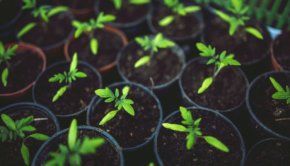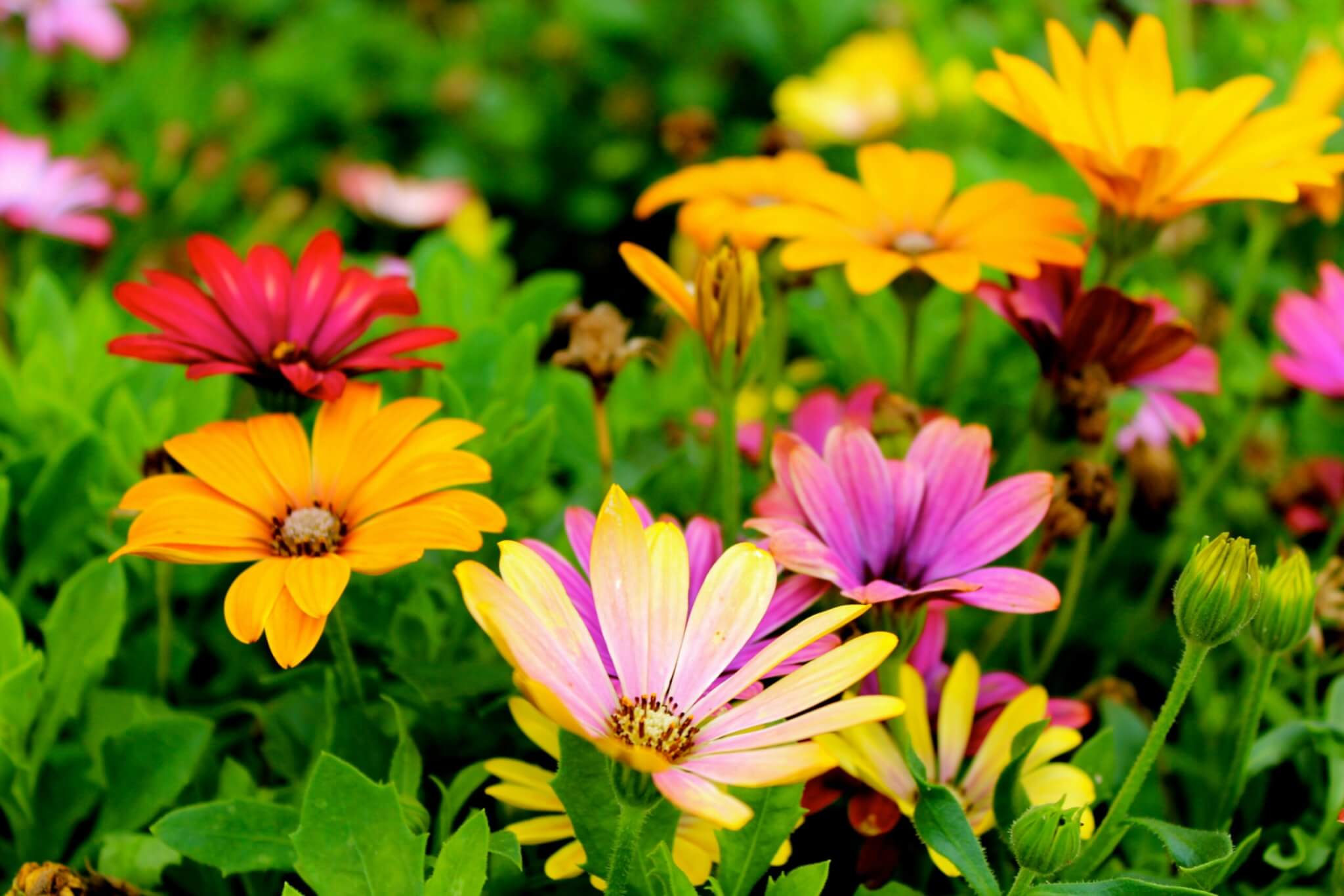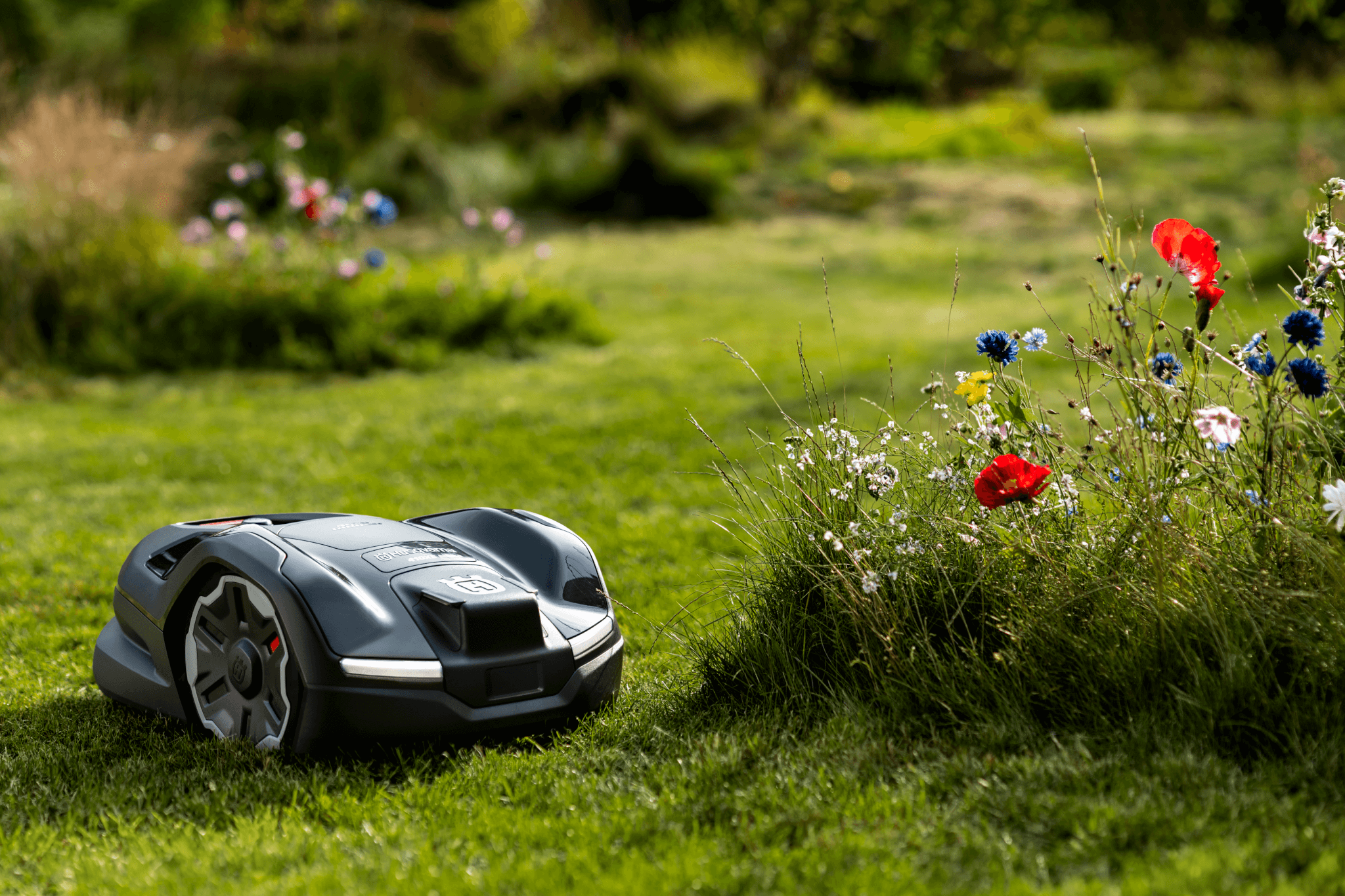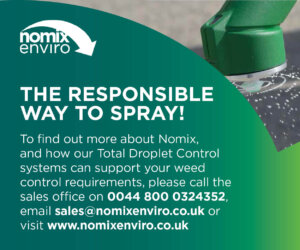Uisce Éireann urges public to seek pesticide alternatives

In 2023, Ireland faced 52 instances of pesticide exceedances in public drinking water supplies
9 May 2024
Significant progress has been made in recent years in reducing the impact of pesticide use on drinking water sources. There has been a reduction of more than 50% in the number of pesticide exceedances recorded since 2018.
While progress continued in 2023, there were still 52 pesticide exceedances in public drinking water supplies in Ireland last year. These exceedances were detected as part of Uisce Éireann’s public water supply monitoring programme from a total of more than 33,000 samples.
The National Pesticides and Drinking Water Action Group (NPDWAG) is again reminding users of any pesticide products, especially users of herbicides, to consider the vulnerability of their local drinking water supplies to pesticide contamination and the importance of these supplies to local homes and businesses in the community. Continued vigilance is necessary since inappropriate or careless use of pesticides could easily lead to a reversal of the good progress that has been made.
Progression has been made in the farming community and other pesticide users, particularly in the priority catchment areas of Newport, Co. Mayo, and Clonroche, Co. Wexford, where pesticide exceedances have been eliminated.
However, there are other areas prioritised for action where Uisce Éireann has detected recurring pesticide exceedances from their monitoring programmes, including Belturbet in Co. Cavan and Foynes Shannon Estuary, Co Limerick.
Uisce Éireann and the NPDWAG are asking the farming community, greenkeepers, grounds keepers, and also domestic users of pesticides, to consider in each case whether they need to use pesticides at all.
Pesticides must only be used where strictly necessary and only after the possibility of using other control methods has been carefully considered. Minimising pesticide use not only helps to protect water quality but also has many wider environmental benefits.
If pesticides have to be used, the basic steps to reduce risks to drinking water sources and the aquatic environment are:
- Choose the right pesticide product (products containing MCPA are NOT approved for use in weed-wipers and are not permitted to be used from the end of September until the beginning of March).
- Always read and follow the product label.
- Do not use pesticides if rain is forecast in the next 48 hours.
- Make sure you are aware of the location of all nearby watercourses, including drains, wells and springs.
- Comply with either a minimum 3 m no-spray buffer zone, for any watercourse subject to CAP conditionality, OR a larger product-specific aquatic buffer zone specified on a product label, if one has been set. Mark out the required buffer zone from the edge of the river or lake or other water course and drainage ditches.
- Avoid spills, stay well back from open drains and rinse empty containers 3 times into the sprayer.
- Store and dispose of pesticides and their containers properly.
- Never fill a sprayer directly from a watercourse or carry out mixing, loading or other handling operations beside a watercourse.
- Never fill/wash a sprayer on concrete or sealed surface areas, where spillage/runoff to drains/watercourses is possible.
- Never leave a sprayer unattended during filling, mixing/agitating, regardless of location.
Dr. Pat O’Sullivan, Drinking Water compliance senior manager, Uisce Éireann, said: “Since the NPDWAG was established in 2017 there has been a significant decrease in the number of exceedances across the county. In public drinking water supplies, exceedances for pesticides were detected 52 times nationally in 2023.
“While our consultation with the HSE has concluded that the levels we are detecting do not represent a threat to public health, they are still however undesirable in drinking water, and it is therefore imperative that users of pesticides are mindful of best practice when using herbicides or pesticides and seek out alternatives.”
Dr Aidan Moody, chair, NPDWAG, said: “I want to acknowledge the good work done by farmers and other users of pesticides to protect water quality. There needs to be a sustained effort by all stakeholders to make further progress. Users of pesticides must always carefully consider the possibilities for alternative control methods in the first instance and if the application of pesticides is considered essential, make sure that they follow best practice measures to protect water quality.”



 Print
Print








Fans 0
Followers